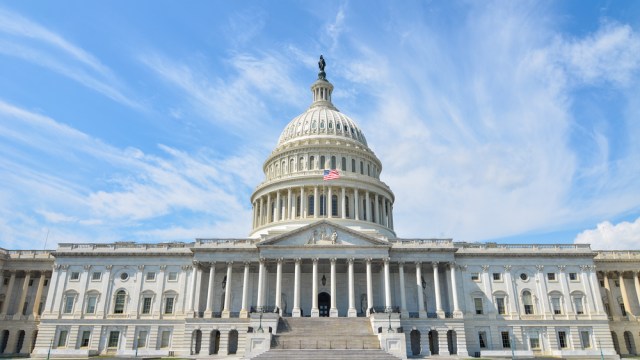Welcome to the ‘Era of Behavior’

As the world has gone from connected to interconnected to interdependent, I believe we’ve entered a new era. What I call the era of behavior. I acknowledge that behavior has always mattered. What I’m saying is that behavior now matters more than ever and in ways it never has before. And what I mean by behavior – it’s not just doing the right principle, the responsible thing.
Of course that’s fundamentally what I mean by behavior. But every Tweet is a behavior. Every email is a behavior. We call these things communications and Tweeting and friending and unfriending. But every email we write, collaboration is a behavior. Innovation is a behavior. How we lead is a behavior. How we engender trust in our relationships. How we say we’re sorry when we should. It’s all behavior. And the more connected the world gets, the more that every form of these behaviors and the more that leaders can create cultures where these behaviors can flourish and be scaled and be embedded into the DNA – the more these are the organizations that will succeed and, more importantly, achieve significance in their endeavors and therefore lasting enduring success. So I believe that we have entered deeply the era of behavior.
Now I want to make a distinction when it comes to behavior. Carrots and sticks. The proverbial carrots and sticks, you know, bonuses and compensation and threats of punishment or discipline – they can shift behavior. You know, we went through an election where tiny slivers of swing state voters received ads, were bombarded with ads trying to get them to shift from one camp to the other. If you put a product on sale we’re shifting behavior. Buy now, not later.
So we’ve scaled up marketplaces and mechanics of shifting behavior – left, right, forward, back, now not later. But if you sit with corporate managers and you say, “What behaviors do you want from your colleagues, from your people?” They say, “I want creativity. I want collaboration, loyalty, passion.” And they go on and on and on – responsible, principle of conduct. These are not behaviors you can shift for. You can’t say, “You two, go in the room and don’t emerge until you have a brilliant idea.” “And you two from different cultures, go in a room and don’t come out but I’ll pay you double if you figure out how to truly collaborate and move us forward. The behaviors we want today are behaviors that we elevate. These are elevated behaviors.
And what’s elevated people since the beginning of time is a mission worthy of their loyalty. A purpose worthy of their dedication. Core values that they share with others that really animate them. Beliefs that they believe are near and dear and a kind of leadership rooted in moral authority that inspires them. So not only are we in the era of behavior where competitive advantage has shifted to behavior, we are in the era of elevated behavior and what elevates behavior are fundamental values that we share with others and missions and purposes worthy of our commitment and dedication that we also share with others.
And twenty-first century leadership is about connecting with people from within. And that’s what I mean by this notion that there’s only three ways to get another human being, a friend, a colleague, a worker, to do anything. You can coerce them, do this or else. You can motivate them with the carrot, with the bonus, with the stock option. And fireable offenses, for example, coercion and paying people well – they continue to have their place. But the freest, cheapest, most enduring, most affordable and cleanest form of human energy is inspiration.
And when you inspire somebody, you get in touch with the first two letters of the word inspire – IN. And what’s in us are beliefs and values and missions and purposes worthy of our commitment. And leadership today is really fast going from command and control with carrots and sticks as the mechanics of command and control to inspirational leadership. Leadership that’s animated by moral authority that connects with people in an inspired way from within. And I think twenty-first century leadership is about becoming an inspirational leader.
In Their Own Words is recorded in Big Think’s studio.
Image courtesy of Shutterstock





